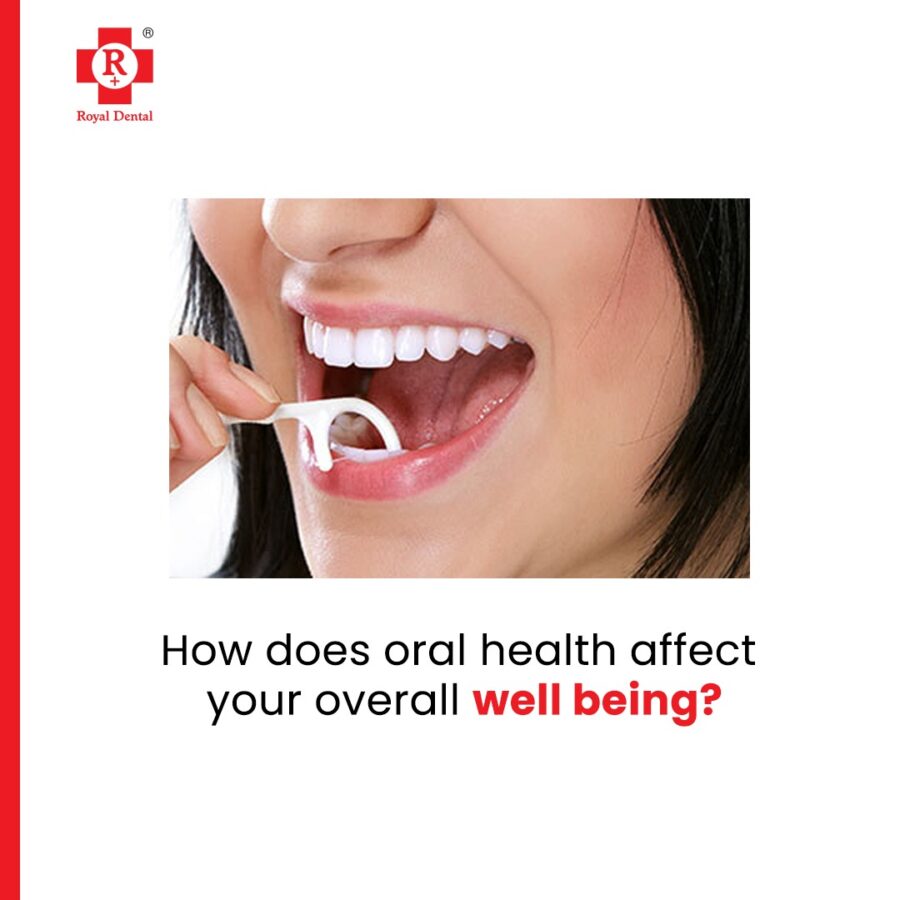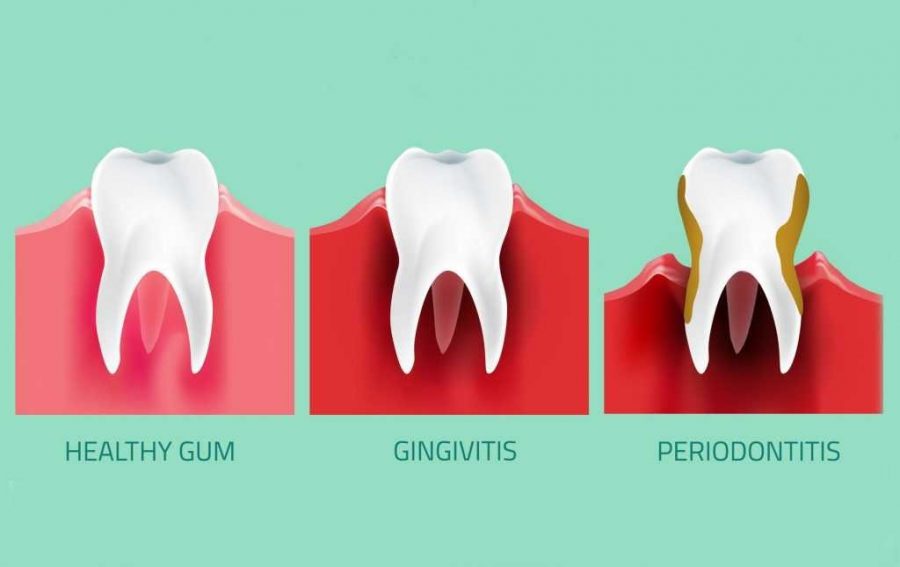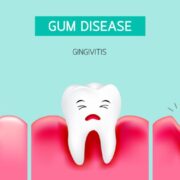The dentist is probably the last person you want to give you advice on your oral hygiene habits. But in case you need convincing, here are some benefits of flossing that you can’t afford to ignore. Everyone knows that flossing helps remove plaque and cavity from between your teeth and gums and also keeps them healthy. If left untreated, these microorganisms may cause gingivitis or periodontal disease, which could lead to tooth decay and even premature tooth loss. That’s why it’s so important to practice flossing daily if you want to have healthy gums and teeth for a long time.
What is the benefit of tooth flossing?
There are a number of benefits to flossing daily, including reduced risk of cavities, better breath, elimination of plaque, and stronger teeth. While brushing alone is helpful for keeping your teeth clean and preventing tooth decay, it does not remove plaque from all areas of your teeth and gums, leading to the formation of bacteria which can cause bad breath and further dental problems.

Regular flossing can reduce plaque and gingivitis, and is one of the best ways to maintain your oral health and keep your teeth looking good! Flossing also works as a natural tooth whitener. The process includes bristles rubbing against areas of your teeth that are usually not touched by toothbrushes, which causes these areas to become whiter over time.
It’s the best way to remove plaque between your teeth.
If you want healthy teeth, you need to work to keep the surfaces of your teeth smooth and clean. Plaque is a sticky substance that collects on teeth. If you don’t remove plaque, it turns into tartar, which is much harder to remove. Plaque can also promote the growth of bacteria that can lead to cavities and gum disease if left untreated. Bacteria are found in almost everyone’s mouth.
It’s not the bacteria itself that is harmful, but the byproducts of bacteria that can cause problems. If too much bacteria collects on your teeth, it can cause damage to your gums and lead to periodontal (gum) disease. Gingivitis is an early form of periodontal disease that causes your gums to become red, swollen, and bleed easily.
How to floss correctly?
Choose the right type of floss – While using a regular string can work for a while, there are a variety of different types of floss that are made for specific types of people. For example, if you have sensitive gums, there are flosses that are made with sensitive materials.
Hold the floss at an angle – You need to be careful that you hold the floss at an angle when you’re between your teeth so that it doesn’t scrape against your gum. You should also make sure to wrap the floss around each tooth.
Floss both sides of your mouth – While some might argue that it’s not necessary to floss the top side of your teeth, we recommend that you floss both sides of your mouth for the most effective oral hygiene.
Flossing can help prevent gum disease and tooth cavity
The best way to remove plaque from between your teeth is by using dental floss. The American Dental Association recommends using dental floss once every day to remove plaque and food particles from between your teeth. While brushing cleans the surface of your teeth, flossing cleans between your teeth which your toothbrush can’t reach.

If you don’t remove plaque from between your teeth, it can harden into tartar and cause tooth decay or gum disease. Gum disease is a serious condition that can lead to tooth loss if left untreated. Even if you brush your teeth twice a day and use mouthwash, you may not be removing plaque from all areas of your mouth.
Flossing can help you maintain your teeth
If you want to keep your teeth healthy, you need to start flossing every day. Daily flossing can help prevent cavities, periodontal disease, and bad breath. It can also help you avoid having to get painful root canals and dental implants. In fact, people who floss regularly have less gum inflammation and stronger teeth. In addition, daily flossing can help improve your oral health, which is important since dental problems can lead to serious health issues, including heart disease and diabetes.
Summing up
As you can see, flossing is an essential part of oral health care. If you want to keep your teeth healthy and avoid the need for dental work in the future, you need to start flossing daily. With these 3 proven benefits of daily flossing, we hope that you will consider adding it to your daily dental routine. Now that you know why flossing is important and how to do it correctly, there’s no excuse not to floss.






